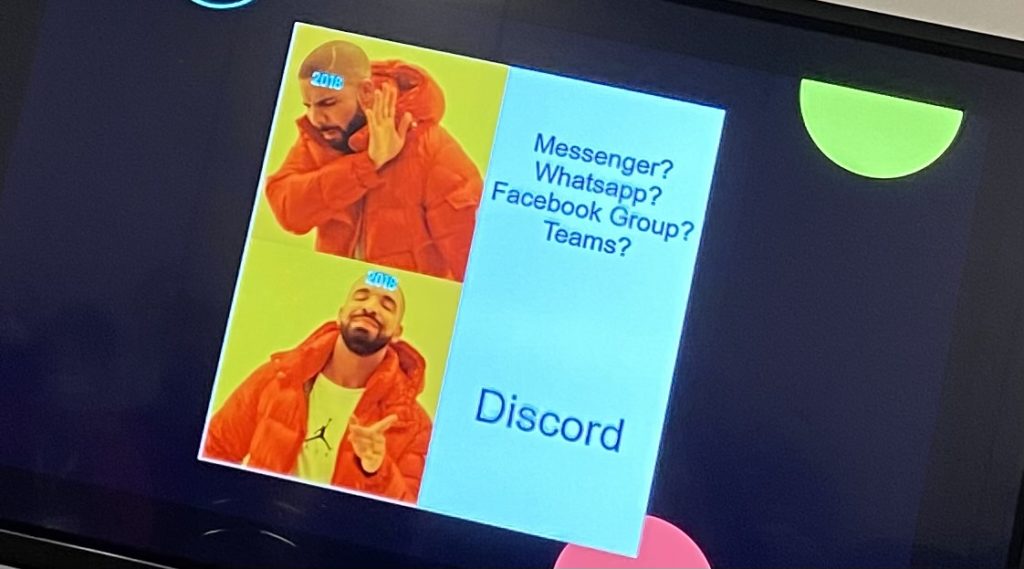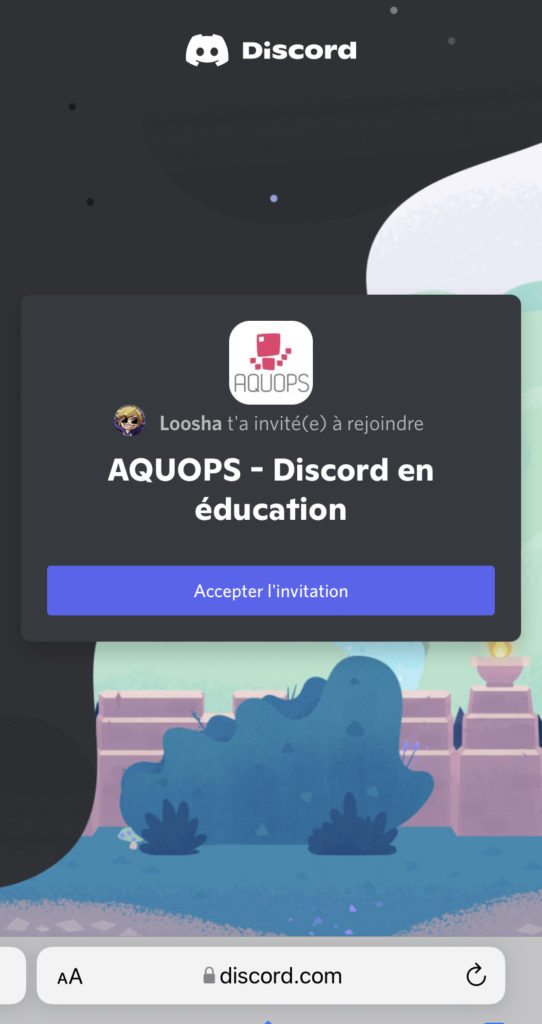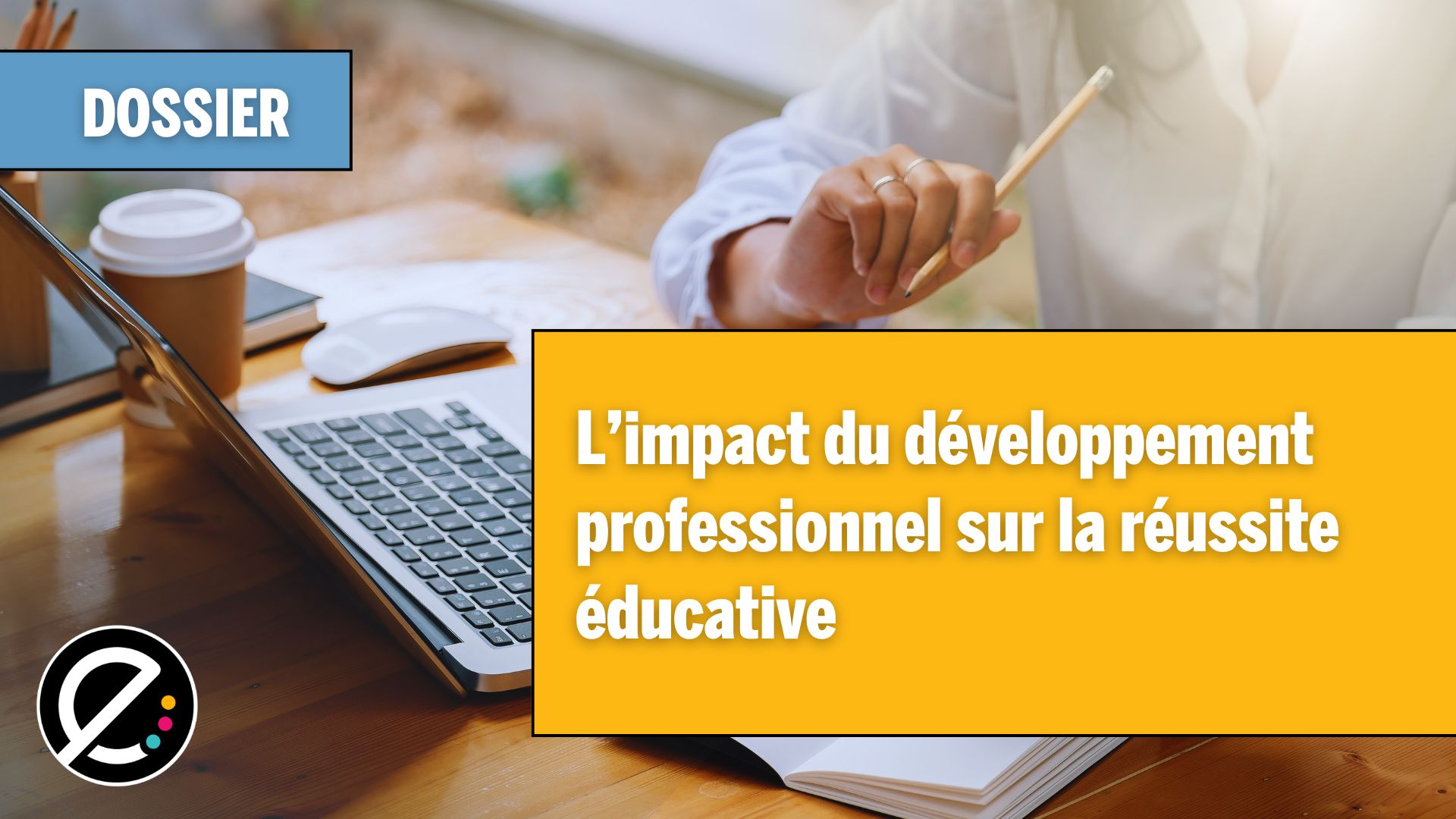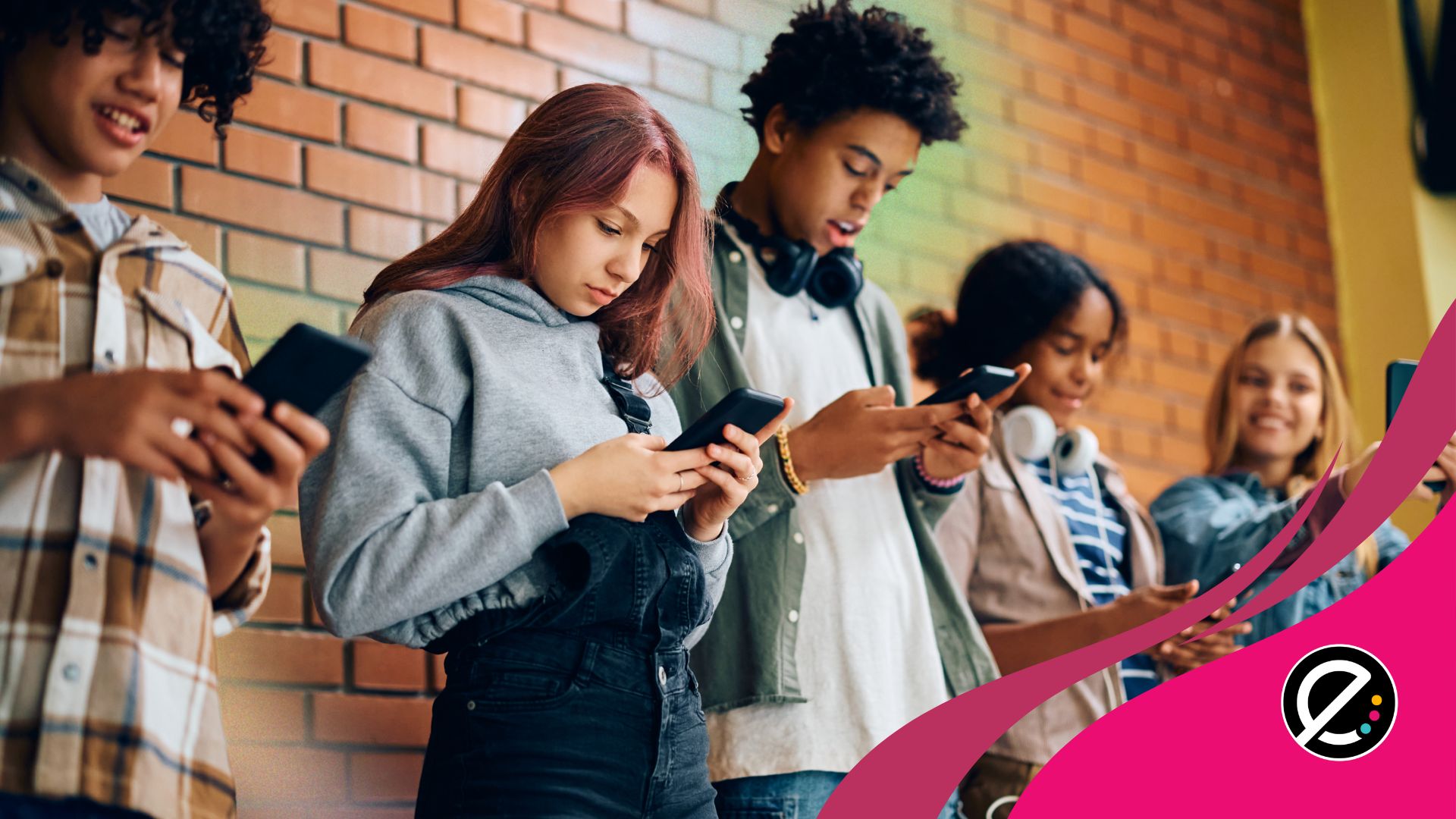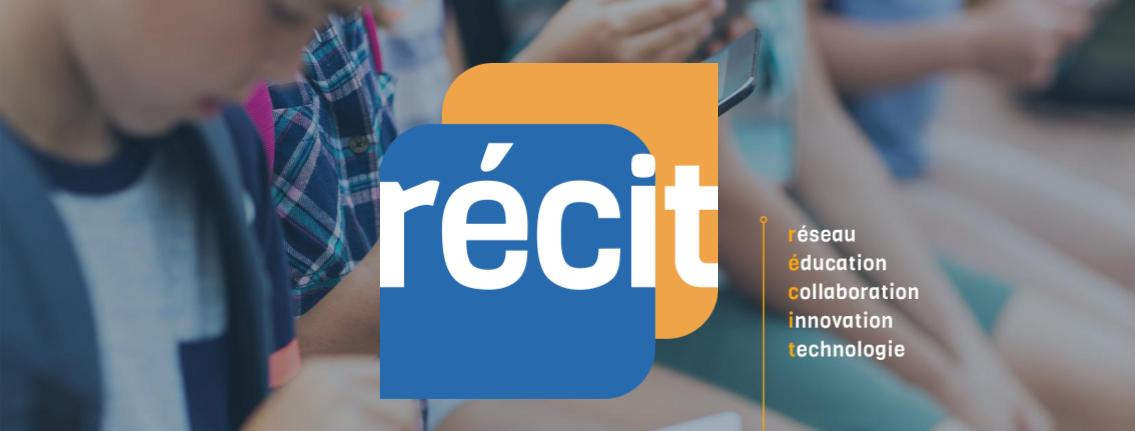L’enseignant belge Quentin Carpentier a osé utiliser l’application Discord avec ses élèves, et ce dès 2018! Qu’est-ce que Discord? Il s’agit d’une plateforme de communication en ligne, très populaire dans les communautés de joueurs, qui tend à se démocratiser de plus en plus.
Quentin Carpentier était de passage dans la ville de Québec à l’occasion du 40e colloque de l’AQUOPS. Il en a profité pour partager son expérience d’utilisation pédagogique de Discord. Cet ingénieur logiciel devenu enseignant utilisait déjà cette plateforme dans ses loisirs. Après un sondage auprès de ses élèves, il a réalisé qu’il était loin d’être le seul! Il a alors cherché une manière d’intégrer l’outil à la vie de sa classe.
Lorsqu’il parle de son expérience, plusieurs pensent qu’il l’a concrétisée pendant la pandémie, mais ce n’est pas le cas. Il avait commencé son intégration bien avant, soit dès 2018. Il a donc pu prodiguer quelques conseils à des collègues au cours des dernières années.
Qu’est-ce que Discord?
Discord est une plateforme de communication en ligne. Elle est très populaire dans les communautés de joueurs qui l’utilisent pour échanger entre eux, que ce soit par écrit, en appel audio ou même en visioconférence (incluant le partage d’écran). Disponible en version mobile ou sur ordinateur, elle permet de créer des lieux de communication, appelés Serveurs. Un serveur peut accueillir des membres, qui discutent ensemble à travers différents canaux ayant chacun un thème précis, et qui peuvent tenir différents rôles.
Ceux qui connaissent le principe des plateformes Teams ou Slack s’y reconnaîtront assez facilement. « À la différence que les jeunes utilisent beaucoup Discord en dehors des heures de classe. Cette plateforme fait partie de leur univers. J’ai voulu les rejoindre là où ils étaient déjà, tout en centralisant l’information au sujet de mes cours dans un seul lieu virtuel », indique Quentin.
L’émergence d’une communauté d’apprenants autonomes
Il a donc créé un serveur Discord dédié aux usages scolaires de ses élèves, environ 80 jeunes de 15 à 18 ans. Des canaux ont été ajoutés (ex. par classe, par niveau, par sujet). Des règlements ont été déterminés (il faut d’ailleurs les accepter avant de pouvoir rejoindre officiellement la communauté). Des rôles ont été définis et des modérateurs sont maintenant identifiés dans les canaux. Des tâches ont été automatisées grâce au robot qu’il est possible de personnaliser dans son serveur (ex. envoi de message personnalisé, création de devoirs).
Échanges sur des thématiques avec des élèves, assignation de devoirs, dépôt de documents, travaux collaboratifs, etc. Plusieurs possibilités sont permises en « détournant » la plateforme. Cependant, pour l’enseignant, la plus grande révélation est l’émergence d’une communauté d’apprenants autonomes qui en a découlé.
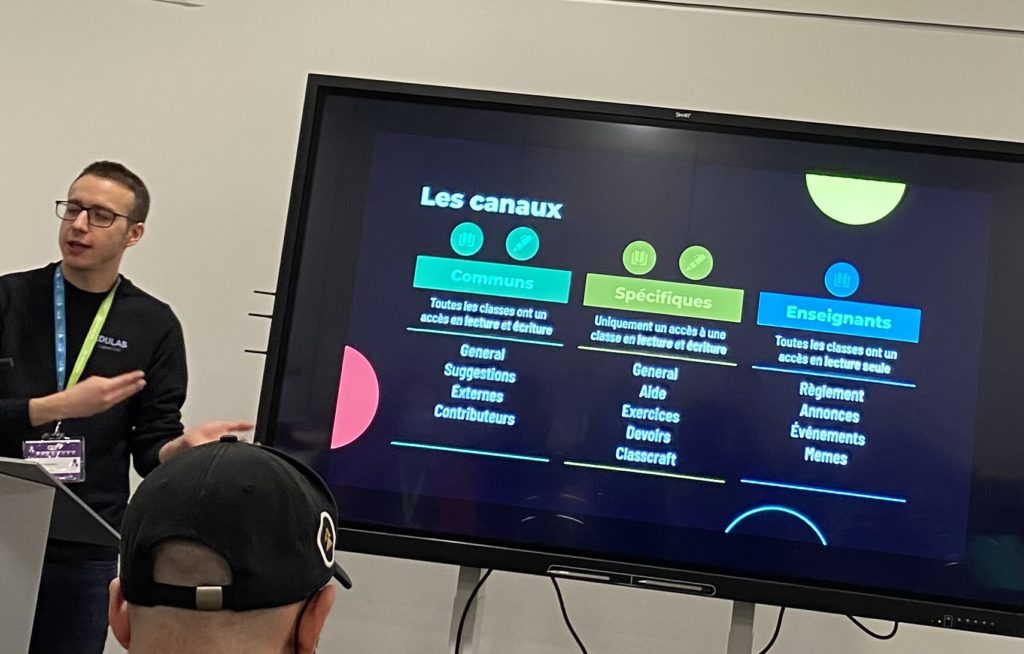
« Il y a un effet d’entraide instantané qui s’est créé dans notre Serveur. Les jeunes posaient des questions et se répondaient spontanément dans le canal Aide. Ils m’ont même demandé à ce que les élèves des niveaux supérieurs conservent l’accès aux canaux d’aide des niveaux précédents pour pouvoir aider les élèves plus jeunes. J’ai des élèves diplômés qui continuent d’interagir dans ces canaux pour aider les autres. Je suis le spectateur de leurs discussions », mentionne Quentin. Il précise qu’il jette toujours un œil attentif aux conversations pour s’assurer que l’information transmise est exacte et n’induit pas les élèves en erreur.
Il reconnaît que la mise en place du serveur a demandé beaucoup de temps. Par contre, elle a permis d’engager les élèves dans un projet collectif qui est devenu utile pour leur vie scolaire par la suite. Ils ont participé activement à définir la vie dans la communauté et ils se l’ont appropriée. Et quand ça ne va pas (car oui, ça lui est arrivé), les conséquences sont connues des jeunes (comme l’exclusion du serveur, qui prive l’élève d’une source d’information et de communication privilégiée).
« Discord peut être mal perçue de la part des directions scolaires. Elle ne remplacera bien sûr pas les autres plateformes plus officielles qui ont été mises en place dans les dernières années, mais il y a une utilisation intéressante qu’il est possible d’en faire pour engager les jeunes et les rendre plus autonomes dans leurs apprentissages. Motivation, bienveillance, respect, ludification, discussions ouvertes… voici des exemples de retombées », conclut l’enseignant.
D’autres usages en lien avec l’éducation sont aussi possibles. La Guilde des maths, un organisme de tutorat scolaire belge, vient d’ailleurs de le contacter afin de configurer un serveur Discord pour rejoindre sa clientèle.
La présentation est disponible ici pour tous.
Avez-vous essayé cette plateforme avec vos élèves? Partagez-nous votre expérience.



